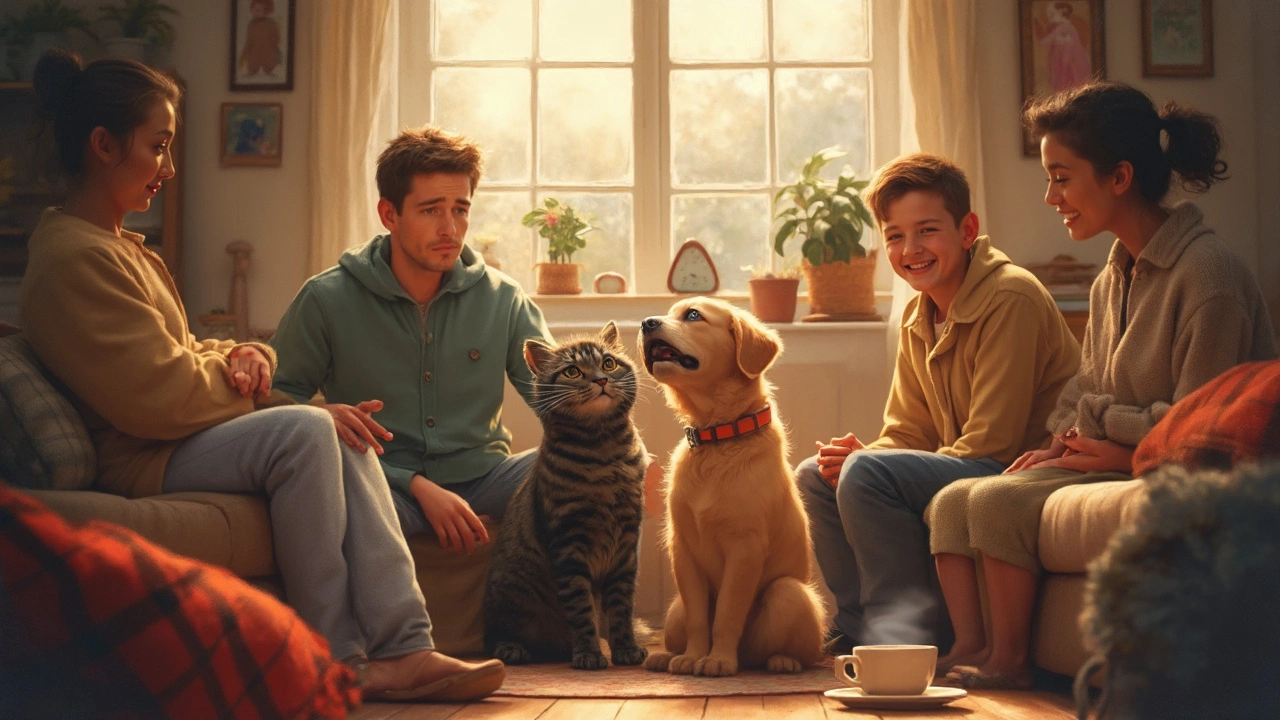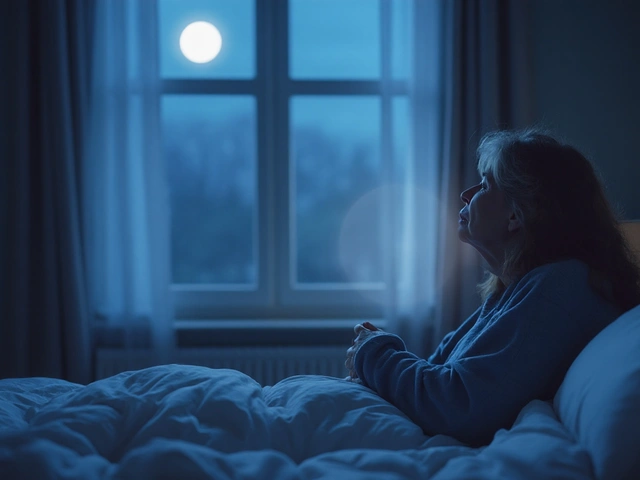Dog Hiccups: Causes, Quick Fixes & When to See a Vet
Hiccups in dogs can be startling but most of the time they’re harmless. You’ll notice short, repeated contractions and a soft noise as your dog inhales. Puppies get them often — their bodies are still learning to control the diaphragm. Adult dogs can get hiccups too, and the good news is simple steps usually stop them fast.
Common Causes
Hiccups happen when the diaphragm spasms. In dogs this can come from swallowing air while gulping food or water, eating too fast, or getting overly excited after a meal. Sudden temperature changes, minor stomach upset, and even stress can trigger them. Less commonly, persistent hiccups can point to respiratory infections, inflammation, or issues that need a vet’s attention.
It helps to tell hiccups apart from coughs or reverse sneezing. Hiccups are rhythmic and short. Coughs are deeper and often come with gagging or phlegm. Reverse sneezing sounds like snorting and usually involves quick inhalations. If you’re unsure, watch for breathing trouble, drooling, or weak behavior — those aren’t normal hiccups.
What to Do & When to Visit the Vet
Start with calm, simple fixes. Stop play and hold your dog still for a minute to slow breathing. Offer small sips of water or a few tiny treats to reset their breathing pattern. Gentle chest rubs or stroking the throat can relax the diaphragm. For dogs that gulp food, switch to smaller portions or a slow-feeder bowl.
Don’t try human remedies like forcing a long breath or giving medications without a vet’s OK. Never give carbonated drinks or human cough medicine. Those can harm pets.
See a vet if hiccups last more than 24–48 hours, if they come with coughing, vomiting, pale or blue gums, difficulty breathing, or sudden lethargy. Also get help if your dog won’t eat or shows pain. The vet may do a physical exam, listen to the chest, and recommend X-rays or blood tests if they suspect infection, heart or lung problems, or a swallowed object.
For puppies: hiccups are almost always normal and go away on their own. Keep feeding calm, and don’t overexert them right after meals. If a puppy’s hiccups are very frequent or paired with poor growth, mention it during your next vet visit.
Prevention is mostly easy: feed smaller meals, use a slow-feeder bowl if your dog gulps, separate feeding times if multiple dogs race to eat, and calm your dog after meals. Managing anxiety with routine and short walks helps too.
If hiccups keep returning or your dog shows other signs of illness, tracking when hiccups happen (after eating, during play, at night) helps your vet find the cause faster. Quick fixes work most of the time, but when in doubt, call your vet — better safe than sorry.
Ever heard your dog or cat making odd hiccup noises and wondered what’s going on? This article unpacks why pets get hiccups, what triggers them, and if you need to worry. You’ll learn how to spot when it’s normal and when it needs a vet visit. There’s also simple advice for treatment at home and smart ways to keep hiccups from happening. By the end, you’ll feel a lot more confident dealing with pet hiccups.
View Details

